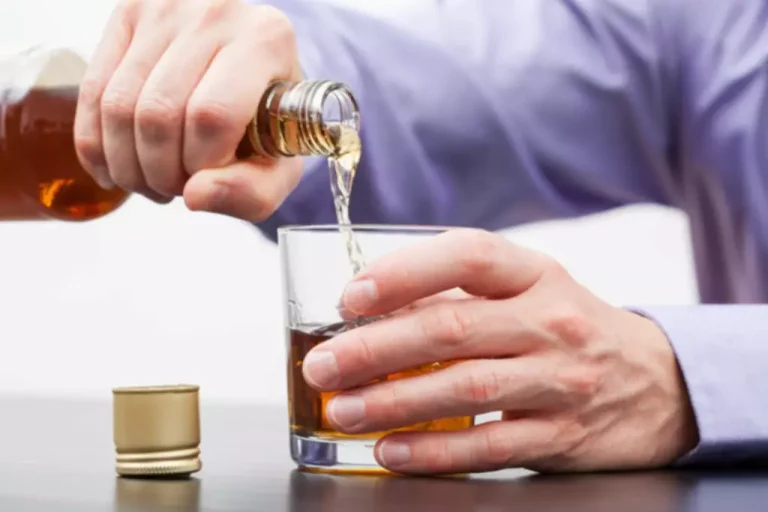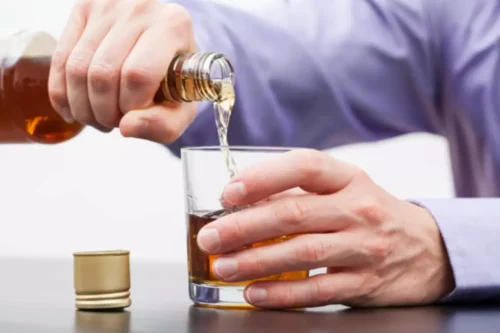
People who tend to ignore tomorrow’s consequences may be more likely to aggressively act out when they are intoxicated and in a situation that is aggravating to them. Peter Giancola, a professor of psychology at the University of Kentucky, co-authored the paper with Bushman and led the experiments used in the OSU study which support Bushman’s argument. The research separated those who are more likely to become aggressive when intoxicated and those without the key trait who do not show increased belligerence. By being aware of their increased risk for aggression, people are better equipped to plan and prevent any angry, aggressive, or mean behavior sparked by alcohol ingestion.

Triggers for Alcohol-Related Anger and Aggression

Treatment at Monument offers peer support and appointments with therapists and physicians entirely online. We each hold the ability to work with anger and grow from it in incredible ways. This stage often includes changing your routine, managing cravings, and repairing relationships. Throughout these changes, learning how to manage anger more effectively is essential.

Understanding Alcoholic Rage Syndrome

Alcohol also induces tunnel vision, making anger seem the only appropriate response in a given situation. Alcohol also reduces inhibitions and makes you less afraid of the potential consequences of showing your anger, increasing the likelihood of an outburst. Lastly, alcohol also greatly impairs your decision-making and judgment skills, which makes controlling your anger much more difficult. Often, when children, spouses and other loved ones spend time close to someone who becomes abusive when they drink, their lives change for the worse. There is also some evidence that people with higher baseline levels of anger may have a harder time recovering from alcohol use disorder. A study following 100 individuals undergoing treatment found that those who scored higher on personality measures of anger were more likely to relapse within a year.
Medication as Adjunctive Treatment
- Our reactions become sluggish, our speech may slur, and our inhibitions drop.
- They might also recommend a structured program for your loved one if they’re willing.
- On the professional side, therapy—whether individual or online—can help you process your fears and frustrations.
- Capo by the Sea provides residential rehab in a beautiful beach town in South Orange County, California.
- Maybe you’ve heard from friends or a significant other that you become angry or hostile while drinking.
In contrast, sober persons in the same situation possess enough working memory to allot attention to provocative and non-provocative cues, thus increasing their risk of aggression above that of intoxicated persons. Data support this counterintuitive prediction 17, 18, 24, ••25, 26, which carries compelling implications for interventions designed to prevent alcohol-related aggression 27. I3 Theory provides the organizational framework to develop clear and testable models of alcohol-aggression etiology. Because of its theoretical inclusiveness, process-based theories can then be brought to bear to examine how hypotheses related to risk can be translated into process-oriented mediation models.
Disinhibition, alcohol, and rage
- I’ve observed this pattern over several decades in helping clients deal with anger.
- Healing can’t happen when alcohol is involved, so the anger continues.
- In sum, these findings underscore that AA meeting attendance, behaviors, and steps worked are important therapeutic factors in AA facilitation treatment.
- Throughout these changes, learning how to manage anger more effectively is essential.
- Others have documented the relationship between alcohol consumption and violence toward intimate partners (e.g., Lisco, Parrott, & Tharp, 2012) and sexual minorities (e.g., Parrott, Peterson, & Bakeman, 2011).
Although not every alcoholic displays all these traits, any cluster of them can complicate relationships or everyday functioning. A person who previously showed generosity or creativity can end up moody, unreliable, or even petty why do some people get angry when they drink and aggressive. Seeing a loved one switch from gentle to hostile after a few drinks can be scary and confusing.
Ways to Manage Anger in Intoxicated Individuals
Alcohol reduces your ability to process multiple sources ofenvironmental information; therefore it compromises your ability to evaluate the intentions behind the actions of people around you. This research was supported by a National Institute on Alcohol Abuse and Alcoholism at the National Institutes of Health grant (R01 AA17603) to the first author. The NIAAA and NIH had no further role in study design, in the collection, analysis and interpretation of the data; in the writing of the https://ecosoberhouse.com/ report, or in the decision to submit the paper for publication. The views herein do not necessarily represent the official views of the NIAAA or the NIH.
Cognitive behavioral therapy
- MRI evidence now connects aggression with alcohol-induced changes in the prefrontal cortex.
- Many people with alcoholic family members know how much alcohol abuse can change someone’s personality.
- Edwards et al. indicate that several pretreatment characteristics (e.g., personality, employment characteristics) predicted posttreatment outcomes.
- At Hope Harbor Wellness, we offer detox and therapies that give individuals the space to understand their addiction and adopt healthier lifestyles.
- The bystander approach to violence prevention aims to prepare individuals to intervene when they witness situations that involve or could potentially lead to aggression.
If you become a crazy drunk person when you’re drinking, and you drink often, it’s probably safe to say you’re an alcoholic. Unfortunately, quitting something that’s become an addiction isn’t as easy as simply making the decision to stop. Alcohol effects the prefrontal cortex of the brain, the region that moderates things like decision-making.
How to Prevent and Treat Alcohol-Related Aggression
In particular, participants who drank alcohol showed lower activity in regions known as the dorsomedial and dorsolateral prefrontal cortices, which are related to working memory and inhibition. Participants who were classified as short-sighted, were more likely to aggressively retaliate, especially when they were drunk. Intoxicated participants who were classified as more present-focused shocked their opponents longer and more intensely than any other participants in the study. The study also showed that alcohol consumption did not have much impact on the aggressiveness of future-focused people. It may seem like the agitator’s fault for being a mean drunk or acting out, but research is proving that individuals are biologically wired to become argumentative and unfair when they drink alcohol.
Similarly, those overwhelmed by anger might use alcohol for relief, only to find it intensifies their inner conflict. To combat aggressive behavior when drinking, individuals should consciously seek help. Becoming angry when intoxicated can lead to domestic violence incidents. In a WHO assessment on domestic violence and alcohol, 55% of surveyed Americans stated they thought their partner was intoxicated during a physical assault. In most cases, women are at a higher risk of experiencing alcohol-related domestic violence from male partners.
A qualified counselor or coach can help you identify underlying issues. They can also assist you with developing healthy strategies to work through your anger along with the coping skills to deal with anger when it surfaces. Online programs such as Ria Health provide confidential support from the comfort of your home. Support groups such as Alcoholics Anonymous can Sobriety also be effective as they allow you to express your feelings and provide tools to work through your anger. Ashwood Recovery, located in Boise, Idaho, provides outpatient treatment for co-occurring disorders, individual alcohol counseling, and family counseling. Whatever your struggle, we support you through the consequences and begin your recovery journey.